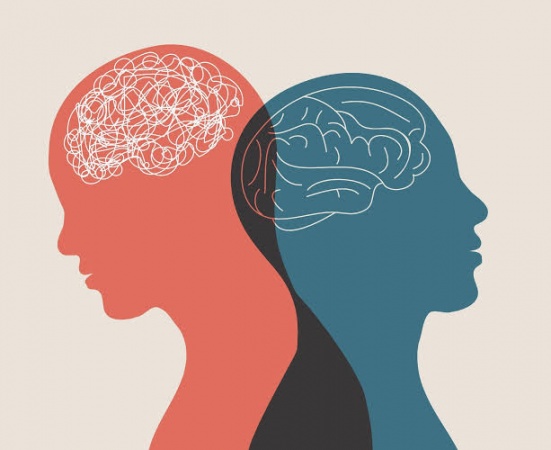Treating Mental Health Issues From Spiritual Standpoints
Posted by Mutiu Iyanda | one year ago | 986 times

The intersection of mental health and spirituality is a topic of great importance, particularly in cultures where spiritual practices play a significant role in addressing various aspects of life, including mental well-being. Exorcism, a religious or cultural practice employed in various faiths such as Islam, Christianity, and Buddhism, has long been used as a method to address mental health disorders. In this piece, we delve into the complex relationship between spiritual approaches and mental health, with a focus on Islamic exorcism, and explore whether spiritual standpoints alone can effectively treat mental health issues.
The Role of Islamic Exorcism
Islamic exorcism, known as “Ruqyah” in Islam, is a practice often sought when individuals believe that they are suffering from spiritual afflictions, such as possession by Jinn (supernatural beings) or the effects of the “evil eye.” Skilled Islamic exorcists, who often have backgrounds in holistic remedies, are called upon to examine and provide spiritual solutions to such issues.
Spiritual Examination
When patients are brought to Islamic exorcists, the initial step is to conduct a spiritual examination to determine the presence of Jinn or spiritual afflictions. This examination is not carried out using laboratory tools but is performed through spiritual and cultural means. Common methods include reciting Quranic verses believed to elicit responses from Jinn or offering patients specially formulated powders. If a Jinn is present, it may communicate through the patient. If it is not Jinn possession but rather an effect of sorcery or the evil eye, patients may experience symptoms such as heat or vomiting.
The Complexity of Mental Health
It is crucial to recognize that not all mental health issues are rooted in spiritual afflictions. Factors such as societal pressures, family dynamics, peer influence, increasing responsibilities, and changes in thought processes can contribute to mental health challenges, including depression, anxiety, and suicidal thoughts. These non-spiritual triggers of mental health issues necessitate a broader perspective in addressing them.
A Holistic Approach.
In practice, Islamic exorcists are faced with complex cases that may or may not involve spiritual elements. Two real-life examples highlight the need for a holistic approach to mental health. In one instance, a young lady displayed symptoms of Jinn possession, but upon closer examination, a neurological test revealed underlying mental health issues related to her childhood experiences. In another case, a man exhibited unusual behaviour and was tested for Jinn possession, only to be found under the influence of sorcery.
The stories above underscore the importance of a comprehensive approach to mental health. While spiritual standpoints are meaningful to many individuals, they should not be the sole focus in addressing mental health issues. Combining spiritual and holistic mental health therapy can provide a more well-rounded and effective approach to treatment.
The dynamic relationship between mental health and spirituality should be approached with sensitivity and an open mind. Mental health issues are complex and multifaceted, often requiring a combination of therapies that address both the spiritual and psychological dimensions.
By fostering collaboration between spiritual practices and modern mental health care, we can offer individuals the support they need on their journey towards improved mental well-being.
Umar Olansile Ajetunmobi, an independent, interdisciplinary researcher with special interests in political, (mental) health, development, and digital media communication, contributes to the development of this piece through his skills and knowledge garnered over the years.







